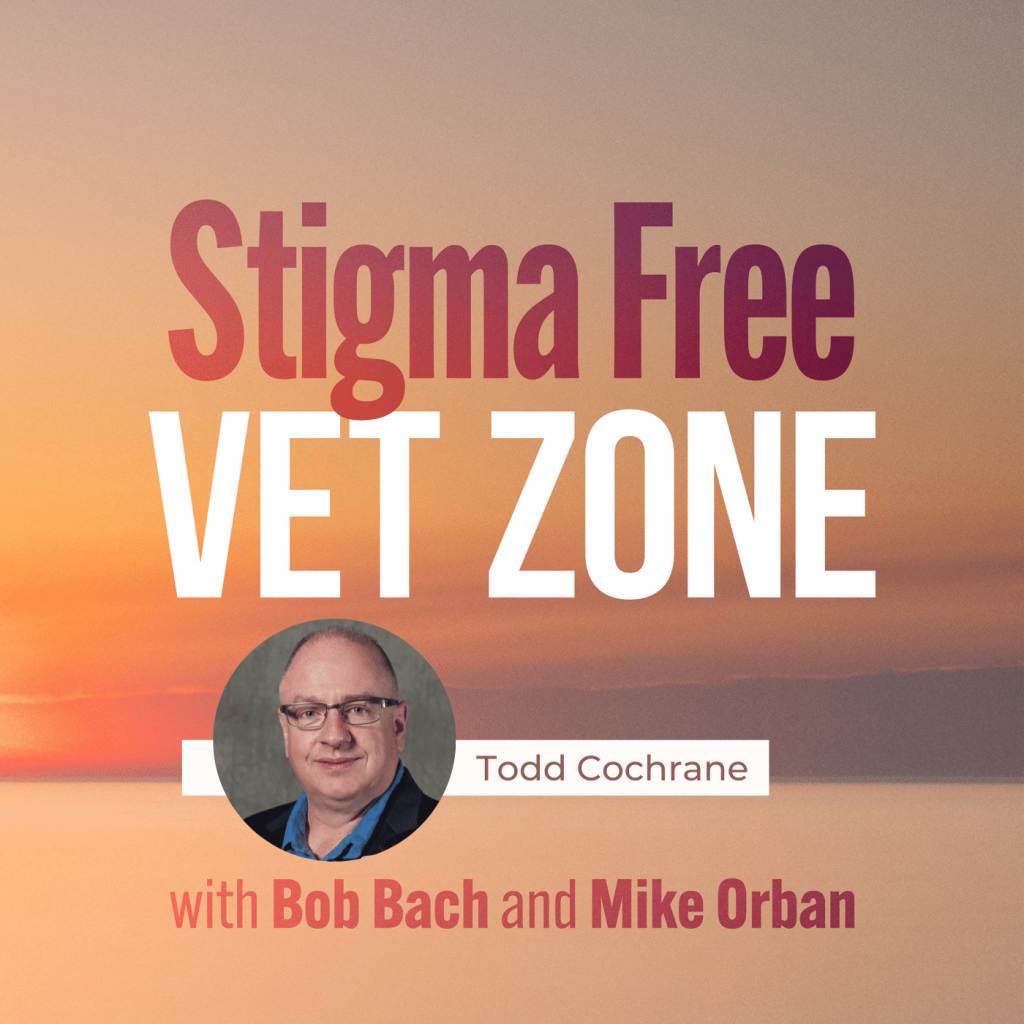Podcast: Play in new window | Download (Duration: 41:10 — 56.5MB)

Todd Cochrane is a United States Navy Veteran who served 25 years and retired with the rank of Senior Petty Officer. He is the CEO of RawVoice and Blubrry Podcasting, a podcast platform that has built a directory of 950,000 shows. Todd wrote the world’s first book on podcasting and is the founder of People’s Choice Podcast Awards. He is credited with introducing advertising into the podcasting space and was inducted into the Podcast Hall of Fame in 2015. His grandfather was a World War II veteran and had a fundamental role in the events that occurred after Pearl Harbor. Today he resides in Quincy, Michigan, having spent most of the last 25 years living in Honolulu, Hawaii.
Todd joins me today to discuss how grasping opportunities can put you in your perfect role in the military and how he made a smooth transition back into the civilian world. Todd shares how he landed rewarding roles, first as Lockheed P-3 Orion aircrew and later working on special projects with VPU-2. He discusses the stresses that a military career can put on spouses and family and the support and resources that the military provides at the outset of a military career and retirement. Todd also shares the values of bonds and brotherhood, which can last a lifetime.
“When we make this transition to the civilian world, we have to understand them more than they have to understand us.” – Todd Cochrane
This week on the Stigma Free Vet Zone Podcast:
- Why Todd decided to join the Navy and returned to MEPS (Military Entrance Processing Stations) twice to get the service role he wanted
- Carrying the burden to not disappoint your family and Todd’s experiences on the first day of recruitment training
- How grasping an opportunity landed Todd his ideal role as aircrew with Lockheed P-3 Orions
- Arriving in Guam and the rewarding job of an aviation electronics technician
- The proactive approach that allowed Todd to work for VPU-2 (Special Projects Unit 2) in Honolulu
- How the employment cycle can be extremely stressful on military spouses and family
- How support ops play a crucial role in the safety of troops on the ground
- The support and resources for veterans transitioning back to civilian life
- How building a business made it easy for Todd to retire and return to civilian life
- How the military brotherhood and sisterhood creates lifetime bonds
This episode is brought to you by…
The Orban Foundation for Veterans is dedicated to bringing greater hope, understanding, resolution, and togetherness on issues of civilian readjustment for all military veterans and their families. Orban Foundation for Veterans promotes the importance of education, identification, understanding, acceptance, and resolution of many of the complex and severe responses to war and military life.
Visit our website to learn more about the Orban Foundation for Veterans and to support our mission.
Helping Veterans & Their Families Transition to Civilian Life
Thanks for tuning into this segment of the Stigma Free Vet Zone podcast, the show dedicated to helping veterans and their families make the transition from the military to civilian life and culture. If you enjoyed this episode, please head over to Apple Podcasts to subscribe to the show and leave a review. For more stories, insight, and resources on coping with military-related trauma and PTSD, visit our website and follow us on Facebook and LinkedIn. Don’t forget to share your favorite episodes across social media to help us raise awareness and help our brothers and sisters and their families transition to civilian life.
DISCLAIMER: The information and content shared in each episode of the Stigma Free Vet Zone are for informational purposes only. The Stigma Free Vet Zone hosts, Mike Orban & Bob Bach, are not, nor claim to be, medical doctors, psychologists, or psychiatrists and should not be held responsible for any claims, medical advice, or therapy/treatment recommendations mentioned on this podcast. Any advice mentioned or shared by Mike Orban, Bob Bach, or their guests is strictly for purposes of bringing awareness to the veteran community and the services available. Please speak with a medical professional before taking any advice or starting any therapy or treatment discussed or shared on this podcast.






